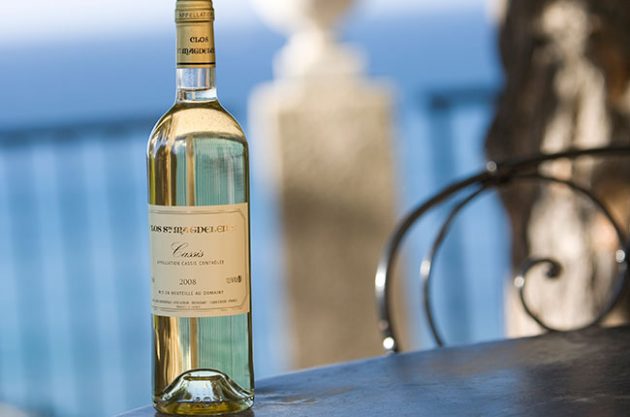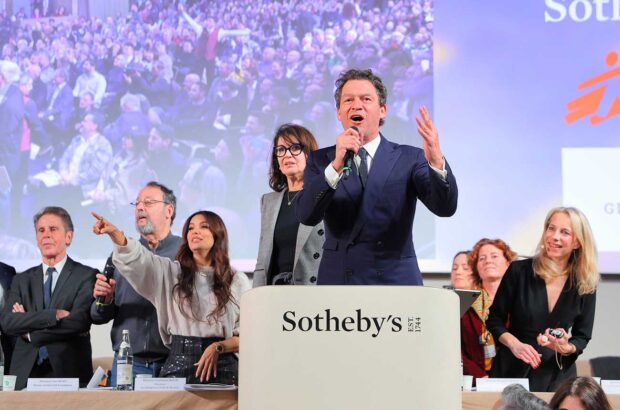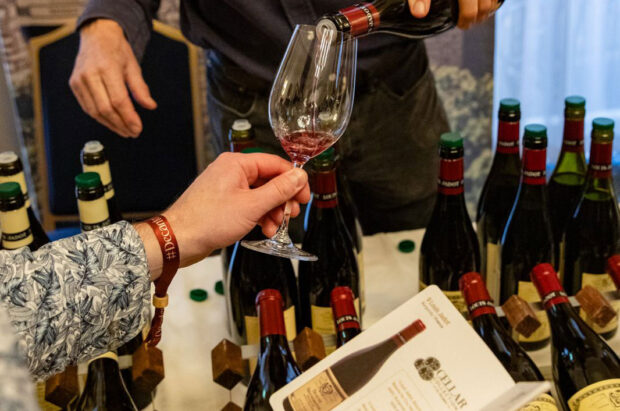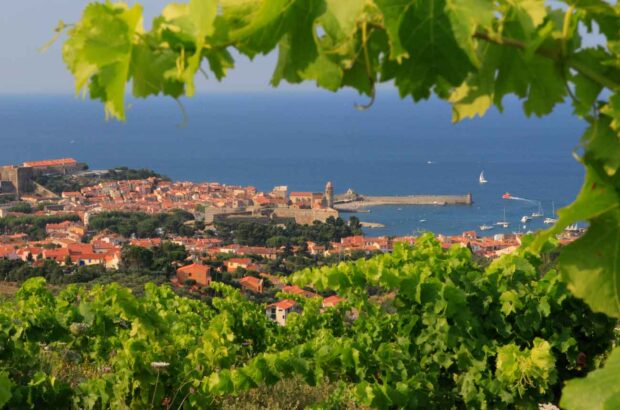Why Hugh Johnson goes for wines on the fringes when travelling in France...
It is the constant stimulus of new wines, vintages (of course), producers, rediscoveries of old vineyards or crusty appellations reborn that saves my summer jaunt in France from increasing gloom.
Provincial France has been dying for years; this year things are worse than ever.
Globalisation is doing it in. Commerce, in the old sense of busy high street shops, has been killed by supermarkets – and the skills that made it a pleasure to cross the Channel are becoming extinct. The charcuterie/traiteur, the patisserie, the tabac, the boucherie, the clattering quincaillerie… even the boulangerie has closed.
-
Last minute French wine harvest holidays
-
Provence restaurants chosen by the winemakers
-
Bordeaux châteaux restaurants to visit
Traffic still filters down the old grey street, but life has passed to the supermarket in its huge car park. With the town centre has gone the Hôtel de France, its creaking floorboards and, alas, its predictable menu.
You only miss the paté de campagne, the potage garbure, the rôti de veau and the champignons à la crème, when you see its fussy substitute – a deconstructed travesty on a misshapen plate smeared and dusted with nameless substances.
The word tendance sums it up: trendy. You see it everywhere.

How come, then, that the range and the quality of wines keeps improving?
International competition certainly has something to do with it. So have the regional and national concours. Colleges and consultancies have made a big difference. Yet these are not new. It can only be demand from more interested consumers that keeps them coming.
‘I don’t drink well-known wines when I’m driving round France.’
I don’t drink well-known wines when I’m driving round France. I paddle about on the fringes, most often of the Rhône, the Loire and Languedoc, but often of Provence or the southwest.
This summer (the Johnson tendance being white wines) we worked the upper Loire (where Menetou-Salon, Reuilly and Quincy are catching up with Sancerre), Cheverny and Jasnières, the lower Rhône (where almost every red commune now fields a white: Vacqueyras was a new one to me – is this what they call ‘mineral’?) and the south-southwest where the Mansengs, Gros and Petit, are the key. Not to mention the Fer Servadou.
Why is Alsace not on this list? Because if it’s Riesling and associates I want, I’ll head for Germany.
Even in restaurants most of these wines are affordable (certainly cheaper than on this side of the Channel). Food to go with them? Ah, there you have to tread carefully.
This article was first published in Decanter magazine’s October issue.
Subscribe to Decanter here
More stories like this:

The best Italian wine lists in New York
Where's best for Italophiles in New York...

Oz Clarke: Finding balance in California
Waves of change in California wine...

Hugh Johnson: Do we need a natural wine alternative?
Hugh Johnson on natural wines....

New Michelin France guide 2017: Haut-Brion, Angélus and Cheval Blanc owners toast success
Several Bordeaux château owners have reason to celebrate...

Column: English sparkling takes on New York wine scene
What New Yorkers think of English wine...







